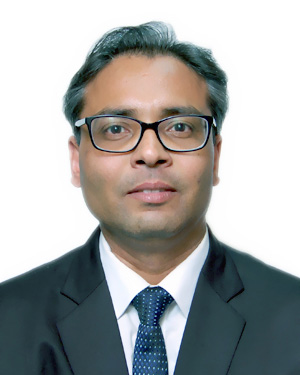
Chinese Cyber War
In 2007 Chinese hackers gained notoriety in the US after a series of cyber intrusions, including one involving Pentagon systems. Though China denies involvement and the US is reluctant to make it public, the reason for suspecting China stems from the history of Chinese hacking since 2001, when a Chinese hacker community, Honker Union, declared cyber war on US government and business. Since then, there has been a series of Chinese hacking operations.
- Hayoun Ryou
- January 22, 2008











